Icd 10 Code For Antiphospholipid Syndrome
Icd 10 code for antiphospholipid syndrome. Antiphospholipid syndrome or antiphospholipid antibody syndrome APS or APLS is an autoimmune hypercoagulable state caused by antiphospholipid antibodiesAPS provokes blood clots in both arteries and veins as well as pregnancy-related complications such as miscarriage stillbirth preterm delivery and severe preeclampsiaAlthough the exact etiology of APS is still not clear genetics is. The ICD10 code for the diagnosis Antiphospholipid syndrome is D6861. The 2021 edition of ICD-10-CM D6861 became effective on October 1 2020.
D6861 - Antiphospholipid Syndrome Internet. D6861 is a billablespecific ICD-10-CM code that can be used to indicate a diagnosis for reimbursement purposes. Antiphospholipid syndrome D6861.
D6861 is a valid billable ICD-10 diagnosis code for Antiphospholipid syndrome. D6861 - Antiphospholipid syndrome is a sample topic from the ICD-10-CM. The 2021 edition of.
D6861 is a VALIDBILLABLE ICD10 code ie it is valid for submission for HIPAA-covered transactions. Cited 2021 April 21. To view other topics please sign in or purchase a subscription.
Antiphospholipid antibody with hemorrhagic disorder. ICD10 codes matching Antiphospholipid Syndrome Codes. ICD10 code of Antiphospholipid Hughes Syndrome and ICD9 code.
What is the ICD10 code for Antiphospholipid Hughes Syndrome. ICD-10 code D6861 for Antiphospholipid syndrome. There are 1 terms under the parent term Antiphospholipid in the ICD-10-CM Alphabetical Index.
ICD-10-CM Diagnosis Codes D6861 - Antiphospholipid syndrome The above description is abbreviated. ICD-10-CM Code for Antiphospholipid syndrome D6861 ICD-10 code D6861 for Antiphospholipid syndrome is a medical classification as listed by WHO under the range - Diseases of the blood and blood-forming organs and certain disorders involving the immune mechanism.
Antiphospholipid ICD-10-CM Alphabetical Index The ICD-10-CM Alphabetical Index is designed to allow medical coders to look up various medical terms and connect them with the appropriate ICD codes.
The ICD10 code for the diagnosis Antiphospholipid syndrome is D6861. Anticardiolipin ACL syndrome APL or APS for antiphospholipid syndrome. It is found in the 2021 version of the ICD-10 Clinical Modification CM and can be used in all HIPAA-covered transactions from Oct 01 2020 - Sep 30 2021. APL syndrome refers to a constellation of clinical findings including vascular thrombosis fetal wastage and thrombocytopenia that are seen in association with certain autoantibodies. Antiphospholipid syndrome or antiphospholipid antibody syndrome APS or APLS is an autoimmune hypercoagulable state caused by antiphospholipid antibodiesAPS provokes blood clots in both arteries and veins as well as pregnancy-related complications such as miscarriage stillbirth preterm delivery and severe preeclampsiaAlthough the exact etiology of APS is still not clear genetics is. ICD-10-CM Diagnosis Codes D6861 - Antiphospholipid syndrome The above description is abbreviated. 3 filas Billable codes are sufficient justification for admission to an acute care hospital when used a. Antiphospholipid syndrome 2016 2017 2018 2019 2020 2021 BillableSpecific Code D6861 is a billablespecific ICD-10-CM code that can be used to indicate a diagnosis for reimbursement purposes. D6861 is a valid billable ICD-10 diagnosis code for Antiphospholipid syndrome.
The 2021 edition of ICD-10-CM D6861 became effective on October 1 2020. Centers for Medicare and Medicaid Services and the National Center for Health Statistics. Search online 72000 ICD-10 codes by number disease injury drug or keyword. The 2021 edition of. APL syndrome refers to a constellation of clinical findings including vascular thrombosis fetal wastage and thrombocytopenia that are seen in association with certain autoantibodies. D68312 is a billablespecific ICD-10-CM code that can be used to indicate a diagnosis for reimbursement purposes. The 2021 edition of ICD-10-CM D6861 became effective on October 1 2020.
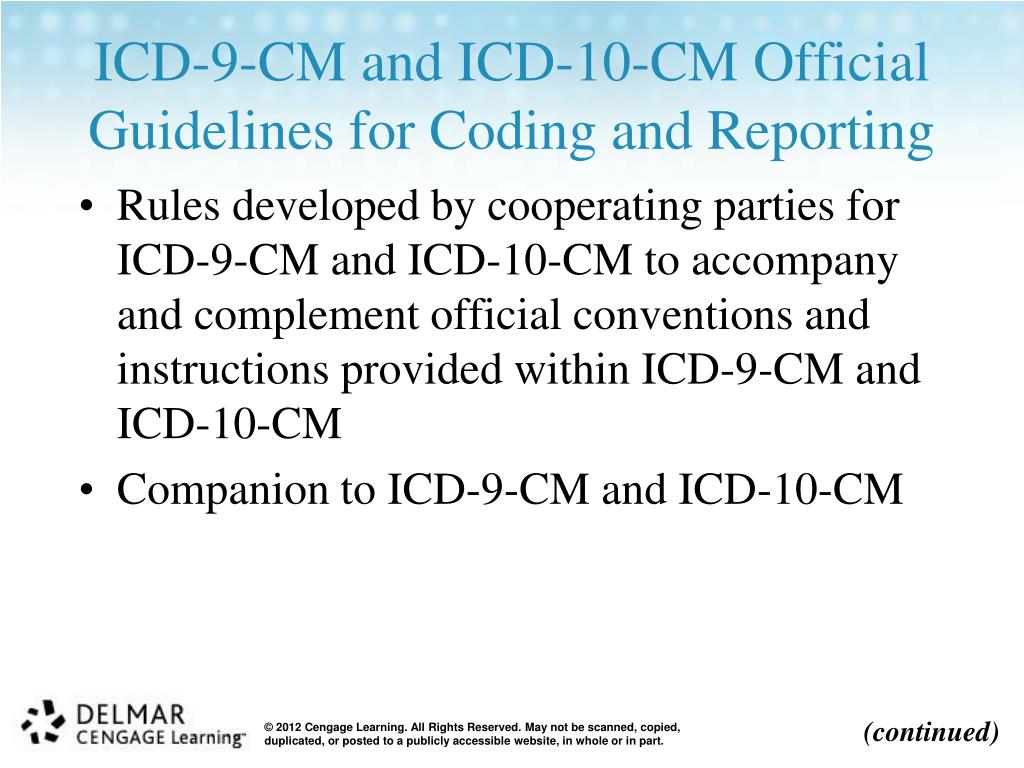

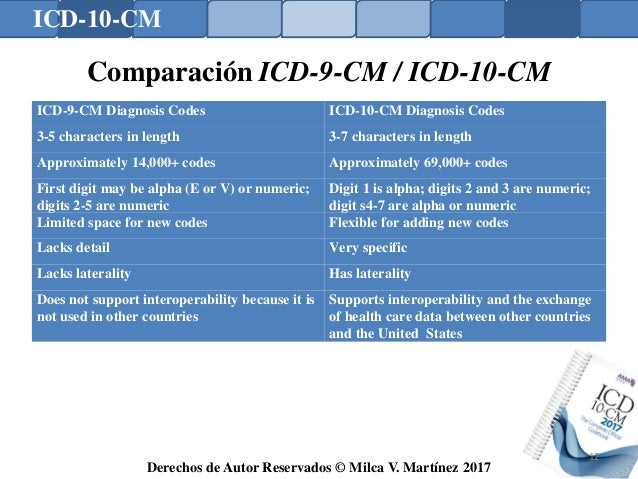
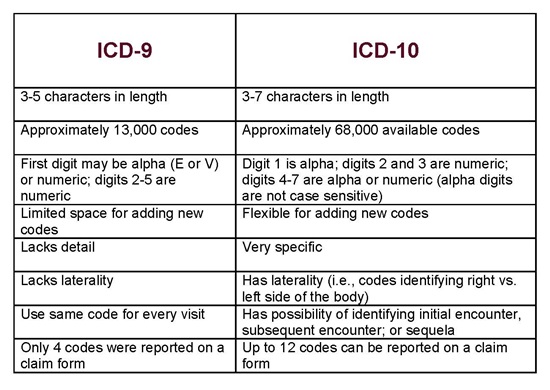

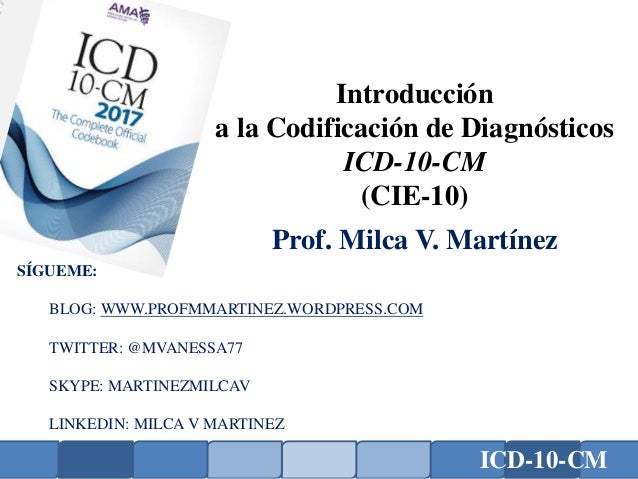




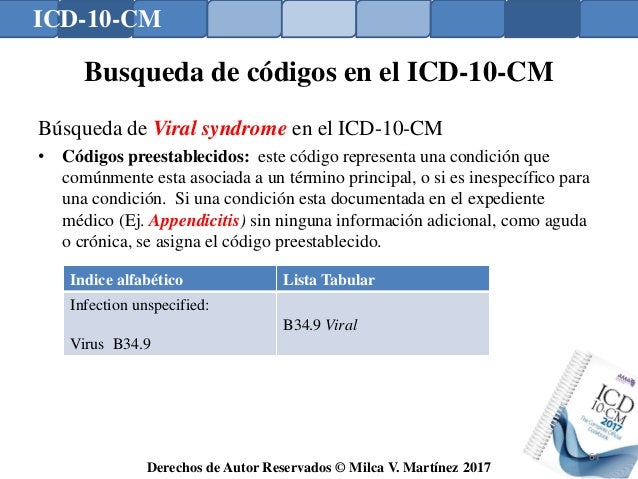



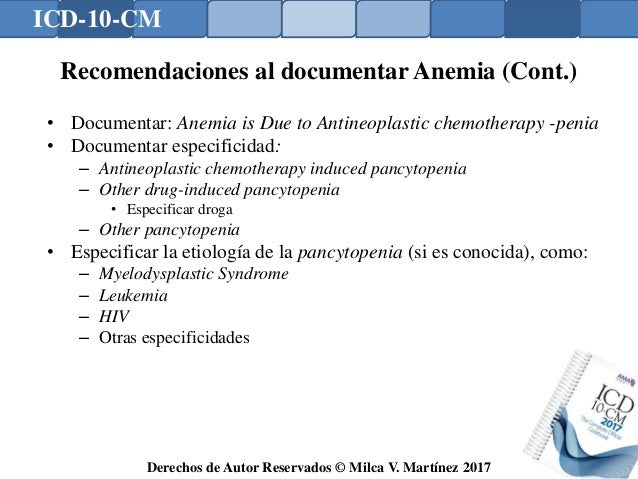





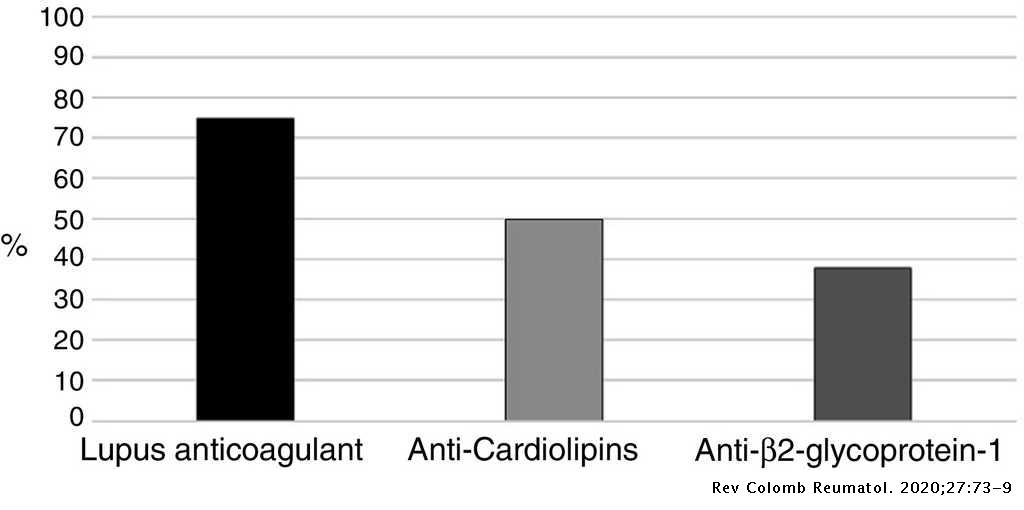







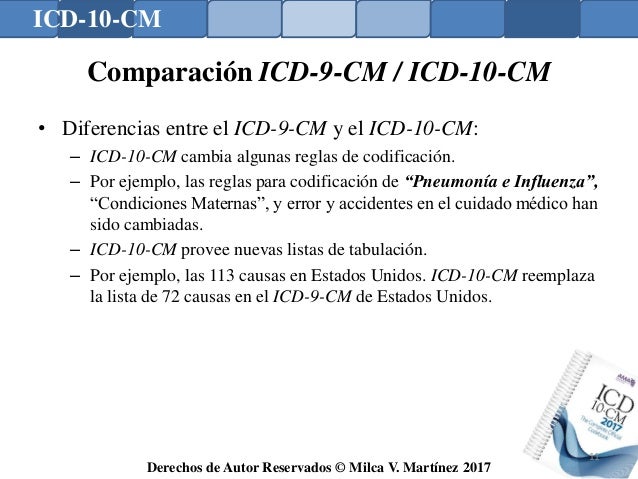










Post a Comment for "Icd 10 Code For Antiphospholipid Syndrome"